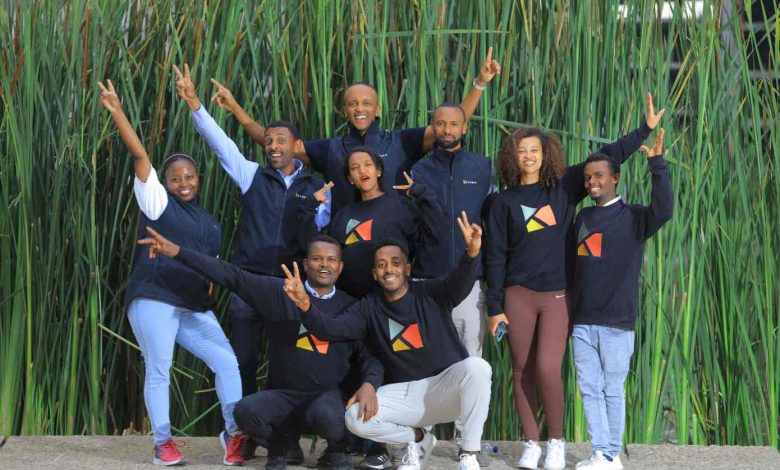Kubik raises $1.9 million seed to expand operations

Kubik, an Ethiopian startup that recycles plastic waste into low-cost, environmentally friendly building materials, has raised $1.9 million in a seed extension round to expand its operations.
The funding comes from African Renaissance Partners, an East African venture capital firm; Endgame Capital, a climate tech investment syndicate; and King Philanthropies, a climate and extreme poverty investor.
This development comes as the startup expands its operations in Ethiopia following the opening of its factory in Addis Ababa, which converts plastic waste into interlocking building materials such as bricks, columns, beams and jambs.
Kidus Asfaw (CEO) and Penda Marre founded Kubik in 2021, and the company has been addressing African housing and waste issues by converting difficult-to-recycle plastic waste into affordable, low-carbon building materials.
In June 2023, the startup raised $3.34 million to increase its production in the country. Investors in the round included Plug & Play, BESTSELLER Foundation, GIIG Africa Fund, Satgana, Unruly Capital, Savannah Fund, African Renaissance Partners, KAZANA Fund, Princeton Alumni Angels, and Andav Capital.
With the new funds, Asfaw says the startup plans to expand its operations in Addis Ababa as it prepares for further expansion across Africa in 2025.
He shared that the funding will allow the startup to keep up with the escalating demand and “scale operations further with enhanced technology, empower more female waste collectors, and turbo-charge our pan-African growth ambitions.”
According to Asfaw, the startup’s product allows developers to build walls without using cement, aggregates, or steel, which speeds up construction and reduces costs by “at least 40% per square meter.”
Currently, the startup is said to recycle 5,000 kilograms of plastic waste per day and can process up to 45,000 kilograms by partnering with corporations and the Addis Ababa municipality, which receives a steady supply of plastic waste.
According to the World Health Organization, over 400 million tonnes of plastic are produced worldwide each year, with an estimated 19-23 million tonnes ending up in lakes, rivers, and seas.
Meanwhile, despite the alarming global rate of plastic production, less than 10% is recycled. Africa, which accounts for only 5% of global plastic production and 4% of consumption, is experiencing a growing crisis as its population and urbanization increase.
This has led to a surge in single-use plastic, leading to environmental pollution and health risks.





